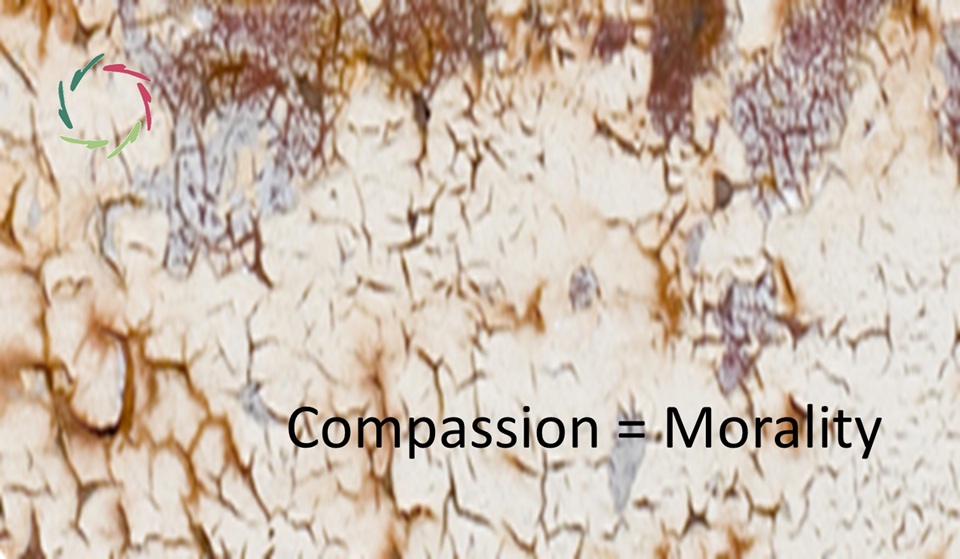Friendly — Empathic — Compassionate

The conceptual differences are seldom made explicit. Nevertheless, they are huge and crucial for the future of humanity and A.I.
Many people, including in high places, don’t profoundly think about this subject and implicitly act as if the differences are unimportant. Many opportunities to do good are thus unfortunately lost.
As always, please note that terms are just words. They can denote meaningful concepts. Especially in a crucial domain such as this, the thinking needs to start from the concepts, not the terms.
Therefore, let’s start by the following.
Short descriptions
- Acting friendly can be explicitly programmed into a robot, or a human may act friendly by merely following a set of guidelines without giving it a second thought.
- Empathy starts from knowing about the person one is empathic toward — in thoughts, feelings, or both, with theory of mind involved. See the landscape of empathy.
- Compassion, basically, adds the vertical dimension (‘empathy beyond’) in the sense of what some try to attain by putting in years of meditative practice one way or another ― for instance, on a cushion or by meditative writing. See also the difference between Compassion and altruism.
All about depth
You can see this in the above descriptions.
Especially in Compassion, the direction goes radically toward depth — therefore, toward the total person in contrast to mere ego. Otherwise said, toward activation of broadly distributed mental-neuronal patterns (MNPs).
The problem with invisible depth
This is, conceptually invisible.
It’s not because something is conceptually invisible that it’s deep. However, depth is precisely about that — be it in a ‘deep’ way. Conceptual thinking is, of course, also very valuable, but in its striving toward crispness, the ‘broadly distributed’ becomes much more challenging.
This is the difference between Eastern-style Emptiness and nothing.
It’s the difference between living in the basic cognitive illusion or not.
It’s the difference between being Compassionate or merely empathic.
It’s the difference between being able to have an immense impact on health or not.
It’s the difference between needing war to settle silly disputes or not.
In anything, Compassion ultimately strives for a synthesis of the crisp and the broadly distributed way of mental processing. The aim of AURELIS coaching is to effectively work at this level much more profoundly than any non-Aurelian coaching.
Compassionate A.I. (C.A.I)
Broadly distributed patterns can be attained in forthcoming super-A.I., thus making it also a possible recipient for Compassion if we choose so.
Note the critical difference with empathic A.I. The results may also be crucially – even existentially – different. This is why those who are profoundly involved in A.I. development should at least be aware of the differences. At best, they should embody them — as should leading figures in general.
Soon enough, Open Leadership will be a necessary feature in the world of super-A.I.
The present is not going there.
If we don’t change course, there may not even be a future.
That’s how crucial the difference is between being friendly, empathic, and Compassionate.


